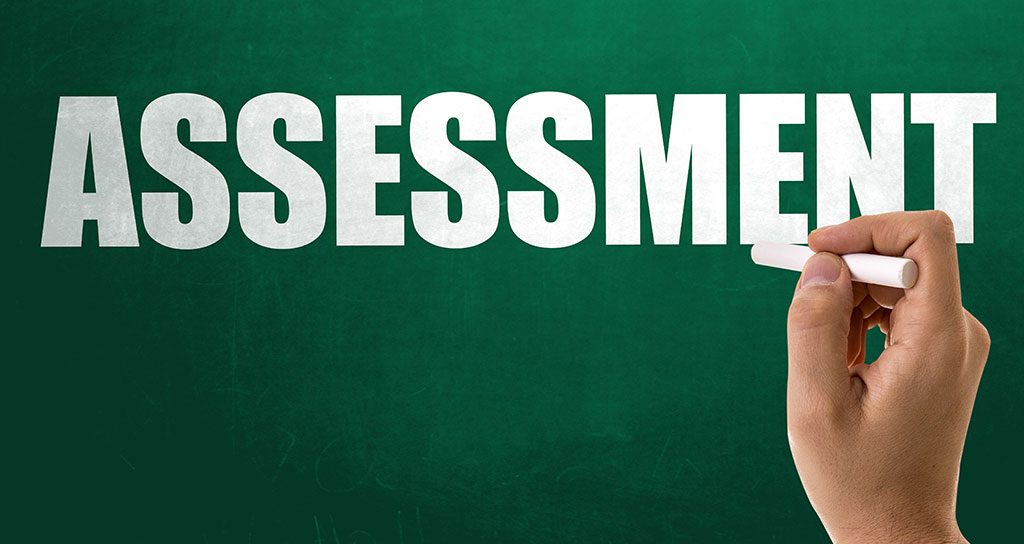At the end of the calendar year, we invite you to start the new decade with a few of our favorite web resources from 2019. From how to help students overcome test anxiety to whether and how achievement test scores are related to later life outcomes, this blog provides a set of assessment-related websites that we hope you’ll find interesting and helpful. Happy New Year!
How to help students with test anxiety.One argument against high-stakes tests is that they create test anxiety and stress in students. Author Blake Harvard reviews research that supports “retrieval practice”– the act of attempting to recall something from memory – as an effective method for combatting test anxiety. The author cautions that while promising, the research program is relatively new, and the conclusions may be called into question by further studies.
Assessing social and emotional learning (SEL).The NCLB years of focus on statewide summative assessment scores left many parents and educators wishing for ways to assess aspects of student learning not easily captured by tests of math and reading achievement. When the Every Student Succeeds Act of 2015 (ESSA) made it possible to include other indicators of student success, social and emotional learning seemed like a good place to start. In “Time To Put an Ice Pack on the Fever for Social and Emotional Learning”, Chester E. Finn, Jr. provides tips for how to measure SEL in valid and reliable ways.
Measuring SEL using surveys is the topic of two reports from FutureEd, a think tank at Georgetown University’s McCourt School of Public Policy. Walking a Fine Line: School Climate Surveys in State ESSA Plans provides an overview of SEL policies, and CORE Lessons: Measuring the Social and Emotional Dimensions of Student Success reports on SEL survey results in the CORE districts of California.
Interim assessments and balanced assessment systems.The ESSA accountability requirements also opened interesting possibilities for states to use interim assessments in innovative ways. Scott Marion, at the Center for Assessment, explains that interim assessments may fit into a balanced system of assessments, but he cautions that the role is “…conferred by logic and evidence tied to particular purposes and uses.” The article builds on previous Center for Assessment work that details considerations for using interim assessments to produce a score that will fulfill accountability requirements.
The Nation’s Report Card. The results of the 2019 administration of the National Assessment of Educational Progress were widely described as “disappointing”, with scores stagnating or declining in most states. Go straight to the National Center for Educational Statistics data source to check out the scores and download reports based on the 2019 results as well as earlier administrations.
Achievement test scores and success in life. A recent article by Dan Goldhaber and Umut Özek reviews the research on the relationship between achievement test scores and indicators of success later in life. While there is some evidence to the contrary, there is much research evidence that achievement test scores are related to later life outcomes. The article is gated ($$), but worth gaining access to if you need to understand the nuances in the research.

